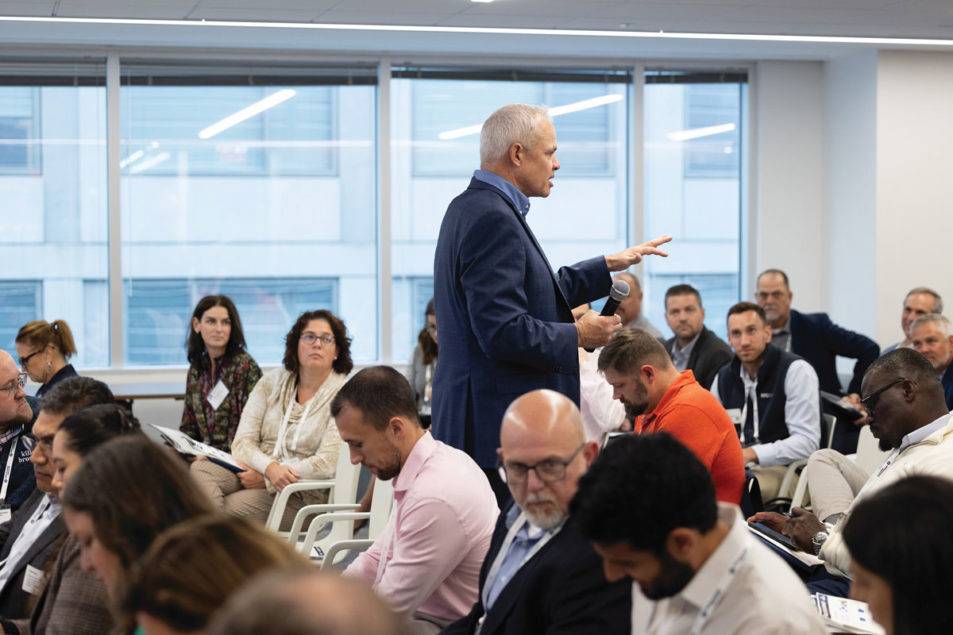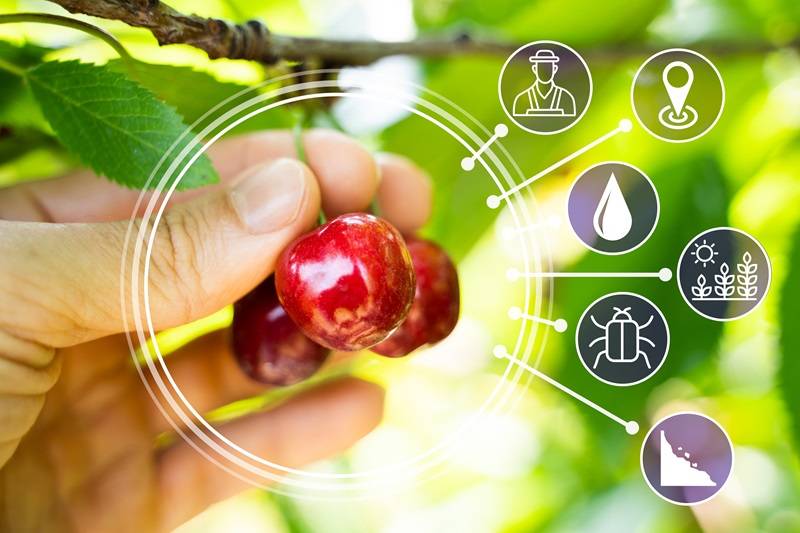Developing the next generation of leaders in the baking, food, and agricultural industries is crucial for the future success and sustainability of these sectors. In order to identify potential leaders, companies must look for individuals with a combination of leadership qualities, soft skills, a volunteer attitude, and the ability to adapt to changing work environments and technological advancements. Additionally, programs aimed at developing and retaining future leaders are essential for the long-term growth of these industries.
Christina Donnelly, Senior Director of Strategic Communications and Initiatives at the American Bakers Association (ABA), emphasized the importance of attracting, training, and retaining highly skilled talent across all levels of the workforce. According to the 2022 Workforce Gap in US Commercial Baking Study, companies are focusing on improving work environments, implementing formal onboarding processes, and outlining clear career pathways for employees to enhance retention rates. It is crucial to communicate career pathways to workers during onboarding and performance reviews to keep them engaged and motivated.
Creating mentorship programs, like the one implemented by Richmond Baking Co., can help develop young leaders by providing guidance and coaching from senior leadership. Potential leaders are individuals who take ownership of their job, show initiative, and actively contribute to improving processes within the organization. Leadership candidates should possess qualities such as continuous learning, adaptability, and a strong desire to connect with industry leaders and stay informed about industry trends.
Leadership development programs, like the NextGen Baker Leadership Forum and the Emerging Leaders Program offered by SNAC International, provide valuable training and networking opportunities for emerging leaders in the baking and snack industries. These programs focus on developing leadership skills, building professional networks, and staying informed about industry trends and challenges. Additionally, programs like SheLeads: Navigating Leadership for Women aim to support women stepping into management roles in male-dominated industries.
Industry leaders must also be prepared to address issues like diversity, environmental sustainability, and technological advancements, including artificial intelligence (AI). Embracing new technologies and innovations is crucial for increasing productivity and staying competitive in the market. Leaders should foster a culture of flexibility and continuous learning to adapt to changing workforce dynamics and technological advancements.
In conclusion, developing the next generation of leaders in the baking, food, and agricultural industries requires a combination of identifying individuals with strong leadership qualities, implementing effective retention strategies, and providing opportunities for professional development and growth. By investing in leadership programs, mentorship initiatives, and fostering a culture of continuous learning and adaptability, companies can ensure a strong pipeline of talented leaders who will drive innovation and success in these industries.




